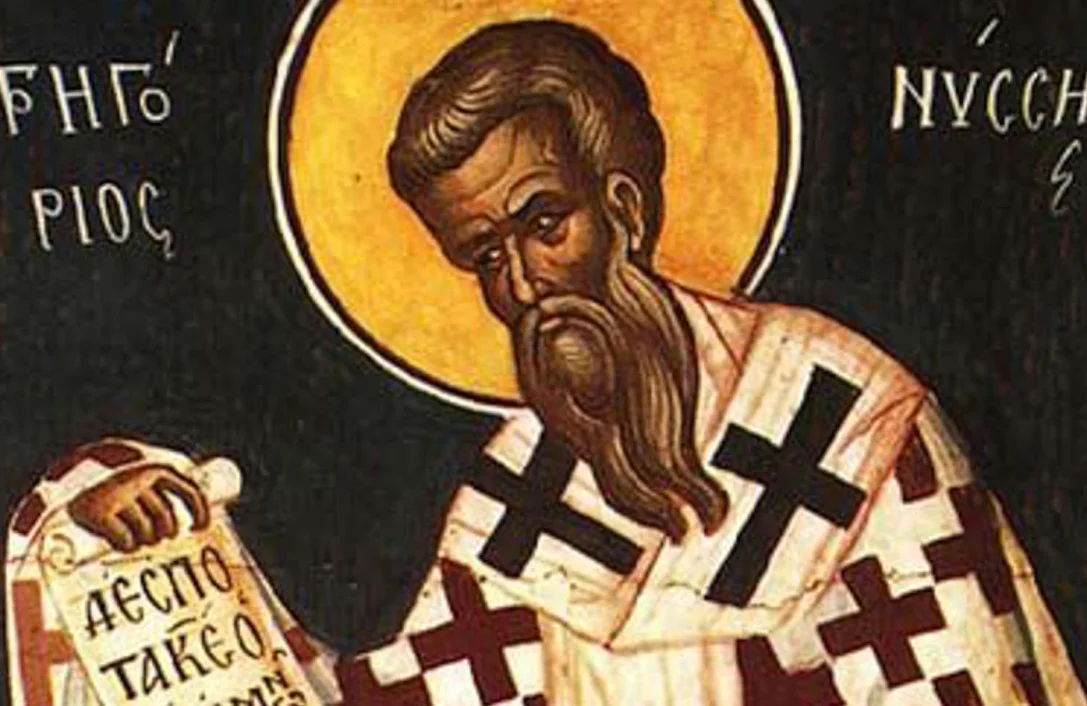Gregory of Nyssa
About the beastly snarl

Gregory of Nyssa
If a person were deprived of hands, undoubtedly, the parts of the face would be arranged according to the needs of four-legged animals for feeding. The face would be elongated and narrowed towards the nostrils. Calloused, hard, and thick lips capable of nibbling grass would protrude forward from the mouth. Between the teeth, there would be a tongue different from the present one—fleshy, elastic, and hard, assisting the teeth, or moist and soft at the edges, like those of dogs and other carnivorous animals, rotating between sharp rows of teeth. Therefore, if the body did not have hands, how would the articulated sound form when the structure of the mouth was not adapted to the need for pronunciation? Undoubtedly, a person would have to bleat, or moo, or bark, or neigh, or roar like bulls and donkeys, or make some bestial growling. And now, when the body is given a hand, the mouth is free to serve the word.’
Gregory of Nyssa, On the Making of Man, fourth century CE



